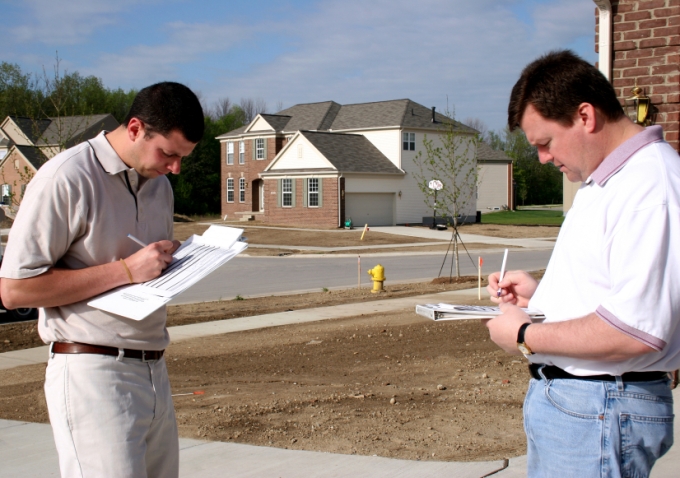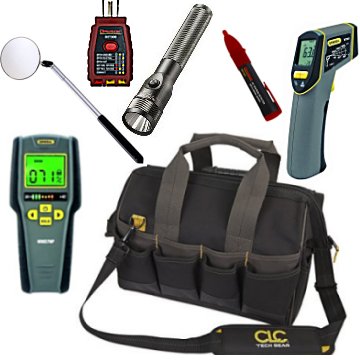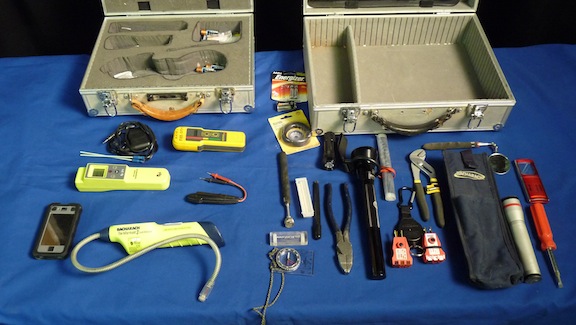Welcome to Paumanok, currently known as Long Island, NY.
On the Northeastern end of this Great American Continent lies Long Island, one of the most beautiful and historically rich island God’s green earth has ever seen. We still have villages; not like they did it during the times of the caviar and lobster eating Lenape Indians. Up until and during a large phase of the 19th century, Long Island was still pretty much rural settlement.
Long Island is predominantly covered by Suffolk and Nassau counties which are primarily suburban; and then there’s Queens and Brooklyn which are more like NY boroughs. As you can clearly tell once you come to Long Island, we have come a long way from the old days of dome shaped huts sourrounded by miles of cornfields to … just a bit of that… coupled with more sohisticated artitecture from our time.
According to early accounts recorded by the first European settlers, Indian houses in the area were dome-shaped structures from 10 to 20 feet in diameter, covered with grass. Clay covered openings at the tops of the dwellings prevented them from burning when fires were lit inside: the vents allowed smoke and heat to escape. – richmondhillhistory.org
Real estate on Long Island now ranges from single to multi family homes to commercial buildings to industrial property and warehouses. You can also find rentals in almost every part of Long Island.
The weather in Long Island also marches most neighboring coastal areas with warm humid summers and snowy winters (although a bit warmer compared to inland areas).
A near complete list of all the towns and villages in Long Island can be found on the Long Island dot com website:
Long Island Towns – Your Long Island Neighborhood Guide
Long Island has more towns and villages than Hollywood has movie stars, and it can get a little confusing – even to those of us who are born and raised here.
Long Island New York is comprised of two counties – Nassau County and Suffolk County, two cities – Long Beach and Glen Cove, numerous local towns, villages, hamlets, postal zones and designated places. In Nassau County we have three towns – Oyster Bay, Hempstead, North Hempstead, and two cities – Long Beach and Glen Cove. In Suffolk there are ten towns – Babylon, Brookhaven, East Hampton, Huntington, Islip, Riverhead, Smithtown, Shelter Island, Southampton and Southold as well as two Indian reservations – Poospatuck and Shinnecock. In addition, there are local hamlets and villages within these towns… see the complete breakdown of neighborhoods
Perhaps you will be interested in learning that Long Island has become a lucrative property market especially for new and growing families. We’ve helped thousands of Long Islanders choose their dream home. Check here for the Long Island communities we serve with our detailed and thorough home and property inspections. It is due to the availability of parks, boating and fishing waters, sufficient public infrastructure, social amenities, shopping spots, awesome communities, as well as countless annual cultural events for all family members to enjoy.
You can choose from the lavish neighborhoods of the Hamptons or the simple quiet life in the Northern agricultural towns in Suffolk. Katherine Chaffer shares some nice information on why you should invest in a home in the Plainview hamlet. Check out her reasons and well structured arguments:
Buying in Plainview
Plainview is diverse, Meringoff says, both in terms of the people who live there and the sizes, styles and prices of homes the community has to offer. He says you can find ranches, capes, Colonials and split-levels on lots ranging from less than a quarter-acre to a full acre in size. The price for a starter home can be in the low $300,000s, with high-end homes selling for more than $1 million. Another draw, Meringoff says, is Plainview’s strong resale value… find out more valuable tips
In addition to close home communities such as Plainview, there are many secluded estates for those who want to spend a little higher for their privacy. Diane Polland showcases an 8 acre water front property at Kings Point with 3 palatial residences. See the magnificent architectural design and flowing gardens in the compound. Are you into yachting or sports?:
Call us now for more available options in real estate on Long Island.
Find your dream home now!
Related Posts:
Real Estate on Long Island was first published on Home Inspector Experts
from Home Inspector Experts











